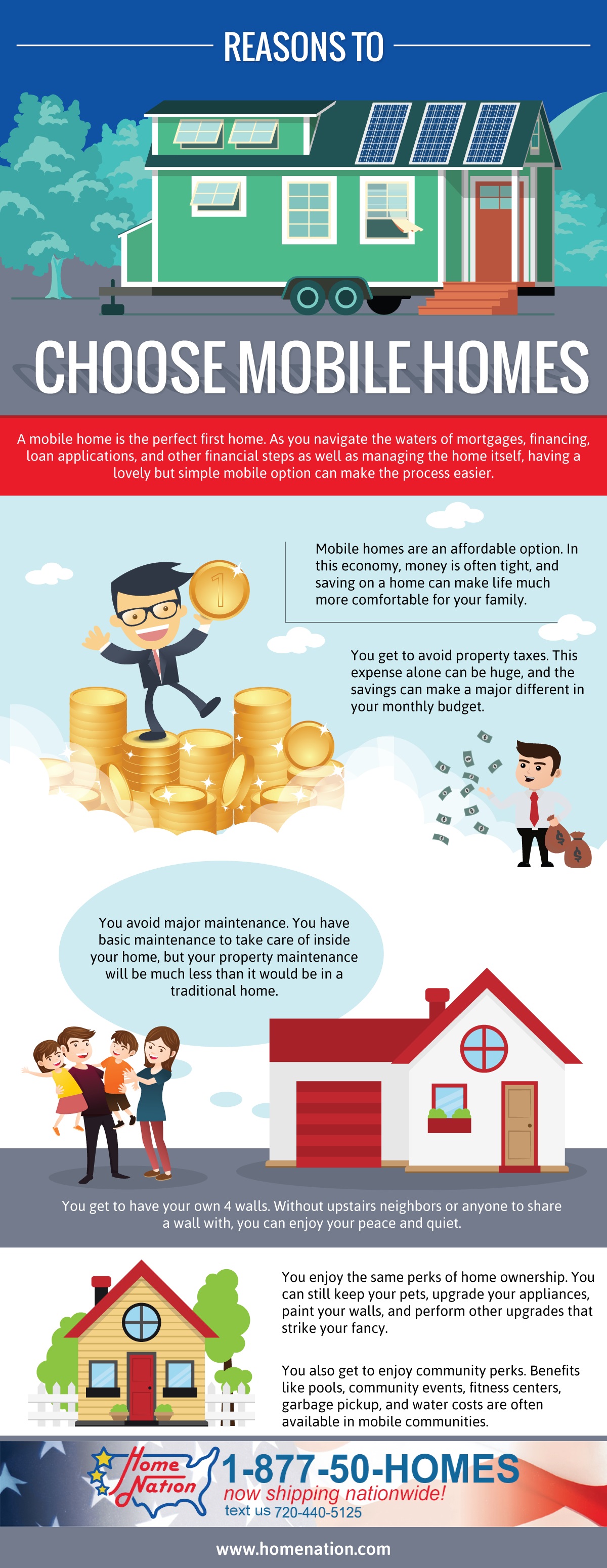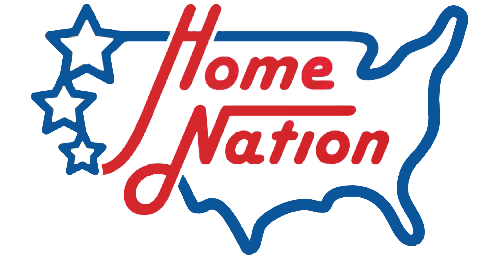Shopping for your first home can be a difficult task, as real estate costs rise, being able to afford that first home is becoming much less likely. We truly believe manufactured housing is the answer to Americas housing crisis.
The trend towards smaller dwellings, such as tiny homes, indicates millennials and other first time home buyers are not willing to be laden with debt for the rest of their lives. Consumers want to save money on their home, and spend it on what really matters, such as family, travelling, and hobbies.
While Mobile Homes are not for everybody, for some they can be a very wise investment. By saving on your home, you have more freedom with where you want to spend your money. We created the following infographic on why buying a Mobile Home is better than stick built.






